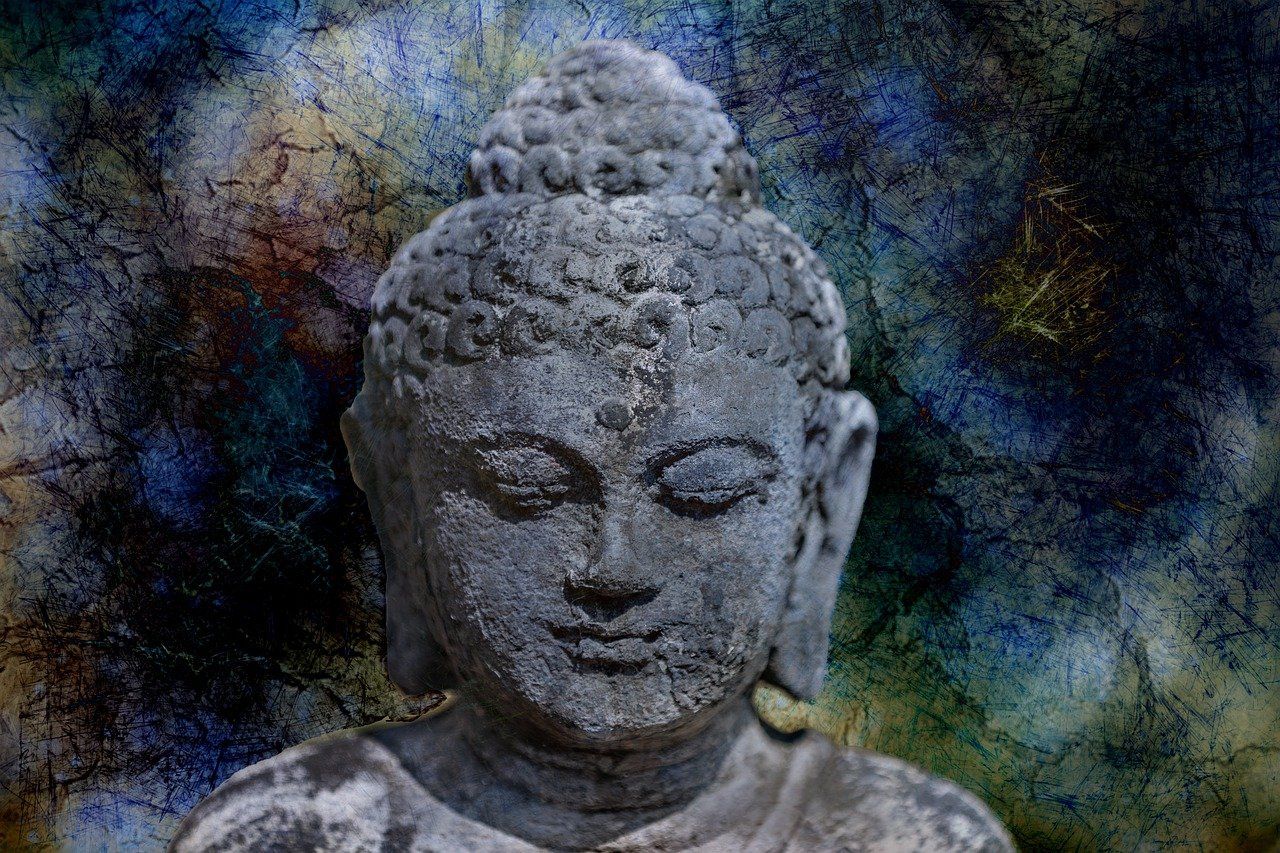The Way of Meditation Blog
Bringing Ancient Wisdom Into The Modern World
5 Ways To Overcome Compassion Fatigue
HOPE FERDOWSIAN • November 1, 2016
Compassion Fatigue
Earlier this month, I came across a story
about how more and more journalists are affected by vicarious trauma after ongoing exposure to graphic images portraying violence and suffering. As a result, many journalists turn to negative coping mechanisms including social isolation and some seek care for post-traumatic stress, depression, and anxiety.
As a physician working to end torture and abuse of people and animals, I struggle with similar feelings deepened by negative, vitriolic, and divisive rhetoric this political season. Talking with my colleagues, I realize I’m not alone.
People working on behalf of people and animals can experience a range of physical and psychological symptoms including emotional numbing, social withdrawal, insomnia, nightmares, anger and irritability, inflexibility, and cynicism, among other indicators of compassion fatigue – also called vicarious trauma.
As a physician working to end torture and abuse of people and animals, I struggle with similar feelings deepened by negative, vitriolic, and divisive rhetoric this political season. Talking with my colleagues, I realize I’m not alone.
People working on behalf of people and animals can experience a range of physical and psychological symptoms including emotional numbing, social withdrawal, insomnia, nightmares, anger and irritability, inflexibility, and cynicism, among other indicators of compassion fatigue – also called vicarious trauma.
There are many ways to prevent compassion fatigue, and here are a few:
1) Good self-care
Physical activity is particularly important to our mental health. It helps boost endorphin levels and better regulate levels of stress hormones like cortisol.
Eating well is also important. “Comfort foods” high in sodium, fat, and cholesterol are problematic since they increase lethargy – making it more difficult to deal with stressors. Alternatively, fruits and vegetables restore energy and nutrients that fuel our brains.
Rest and sleep also reduce depression and anxiety and effectively combat stress. Even slight sleep deprivation or poor sleep can affect memory, judgement, and mood.
2) Nature
Evidence shows that nature has many psychological benefits. It can make us happier, kinder, and more creative. It also fosters stress relief and positive emotions. Experiencing the awe of nature can even help us make better, more ethical and generous decisions about difficult problems.
3) Social support
Meaningful social networks are incredibly important to our mental health. We are more likely to recover from trauma through connection, bonding, and social interaction.
Even fleeting social support can help us thrive. To prove this point, researchers tested college students early in 2001 and again in the weeks following the terrorist attack on the World Trade Center on September 11, 2001. Love and support – even in fleeting doses – fuelled resilience and protected students from sinking into depression. This pattern is seen throughout human society – and among animals.
4) Healthy escapes and hobbies
Music, sports, the arts, and other creative outlets can all help reduce stress, depression, and anxiety. Many times, these outlets – and other forms of play, relaxation, and escape – lead to inspiring solutions to complex problems. Viewing challenges from a new perspective can help bring important answers to light.
5) Purpose
Lately, I’ve been reminded that hope can be found in the work we do – but it must be balanced with other sources of hope and strength. Though a sense of purpose can help overcome compassion fatigue, vicarious trauma also challenges our deepest beliefs about the world and our work. Identifying what gives life and work meaning and what instils, nurtures, or renews hope is critical to preventing and recovering from vicarious trauma.
What do you do to maintain hope and reduce the risk for compassion fatigue?
1) Good self-care
Physical activity is particularly important to our mental health. It helps boost endorphin levels and better regulate levels of stress hormones like cortisol.
Eating well is also important. “Comfort foods” high in sodium, fat, and cholesterol are problematic since they increase lethargy – making it more difficult to deal with stressors. Alternatively, fruits and vegetables restore energy and nutrients that fuel our brains.
Rest and sleep also reduce depression and anxiety and effectively combat stress. Even slight sleep deprivation or poor sleep can affect memory, judgement, and mood.
2) Nature
Evidence shows that nature has many psychological benefits. It can make us happier, kinder, and more creative. It also fosters stress relief and positive emotions. Experiencing the awe of nature can even help us make better, more ethical and generous decisions about difficult problems.
3) Social support
Meaningful social networks are incredibly important to our mental health. We are more likely to recover from trauma through connection, bonding, and social interaction.
Even fleeting social support can help us thrive. To prove this point, researchers tested college students early in 2001 and again in the weeks following the terrorist attack on the World Trade Center on September 11, 2001. Love and support – even in fleeting doses – fuelled resilience and protected students from sinking into depression. This pattern is seen throughout human society – and among animals.
4) Healthy escapes and hobbies
Music, sports, the arts, and other creative outlets can all help reduce stress, depression, and anxiety. Many times, these outlets – and other forms of play, relaxation, and escape – lead to inspiring solutions to complex problems. Viewing challenges from a new perspective can help bring important answers to light.
5) Purpose
Lately, I’ve been reminded that hope can be found in the work we do – but it must be balanced with other sources of hope and strength. Though a sense of purpose can help overcome compassion fatigue, vicarious trauma also challenges our deepest beliefs about the world and our work. Identifying what gives life and work meaning and what instils, nurtures, or renews hope is critical to preventing and recovering from vicarious trauma.
What do you do to maintain hope and reduce the risk for compassion fatigue?
Written by Hope Ferdowsian
Get A FREE
Guided Meditation Series
with Chad Foreman

In today’s fast-paced world, the mind often races, driven by the demands of work, family, and personal ambitions. Meditation is commonly seen as a practice to calm the mind, foster inner peace, and connect with deeper aspects of existence. Yet, one crucial element often overlooked is the state of the body, particularly the nervous system. Relaxing the nervous system isn’t just a preparatory step; it is foundational for unlocking the deeper states of awareness and tranquility that meditation promises. Drawing insights from my journey and teachings, we will explore why this is so vital and how it transforms the meditative experience.










